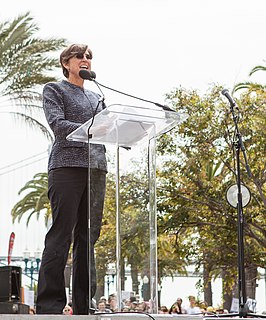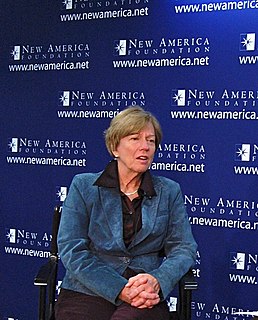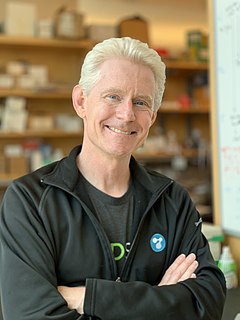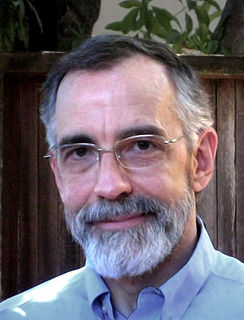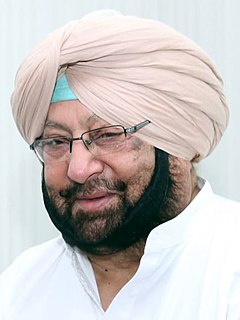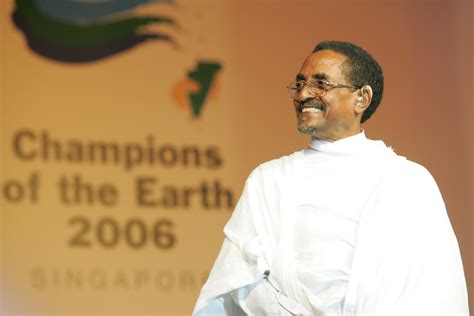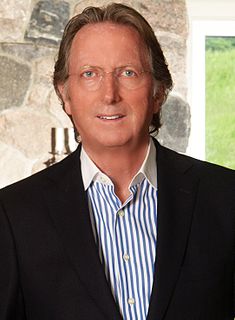A Quote by Pamela Ronald
When it comes to taking genes from viruses and bacteria and putting them into plants, people say 'Yuck! Why would scientists do that?' Because sometimes it is the safest, cheapest and most effective technology to advance sustainable agriculture and enhance food security.
Related Quotes
Scientists have been saying, for an awfully long time, that we're all interconnected. Scientists would use the word 'ecosystem' to express that idea. Obviously, people can't survive without air and water, and we rely on plants and animals for food, and plants and animals rely on us to preserve their habitats.
Surveying the way viruses have been discovered in the past, I came to the conclusion that I could use my technology that I developed as a graduate student - DNA microarray technology - to create a chip that would simultaneously screen for all viruses ever discovered, and furthermore have the built-in capability of discovering new viruses.
Plants with leaves no more efficient than today's solar cells could out-compete real plants, crowding the biosphere with an inedible foliage. Tough omnivorous bacteria could out-compete real bacteria: They could spread like blowing pollen, replicate swiftly, and reduce the biosphere to dust in a matter of days. Dangerous replicators could easily be too tough, small, and rapidly spreading to stop - at least if we make no preparation. We have trouble enough controlling viruses and fruit flies.
The Nuffield report suggests that there is a moral imperative for investment into GM crop research in developing countries. But the moral imperative is in fact the opposite. The policy of drawing of funds away from low-cost sustainable agriculture research, towards hi-tech, exclusive, expensive and unsafe technology is itself ethically questionable. There is a strong moral argument that the funding of GM technology in agriculture is harming the long-term sustainability of agriculture in the developing world.
Somewhere between 50 to 60 percent of the food you eat has been touched by immigrant hands, and it is fair to say some of them are not here as they should be here. But if you didn't have these folks, you would be spending a lot more - three, four or five times more - for food, or we would have to import food and have all the food security risks.
I think it was a big revelation to me earlier in my life that people who appear to be evil are actually not. In other words, nobody wakes up in the morning and says, "Yuck, yuck, yuck, I'm gonna be evil." I think even like Saddam Hussein or Hitler would wake up and say, "I think it's going to be a good day. I'm gonna do some really important work." And given their definition of good, they went out and did horrible things.
